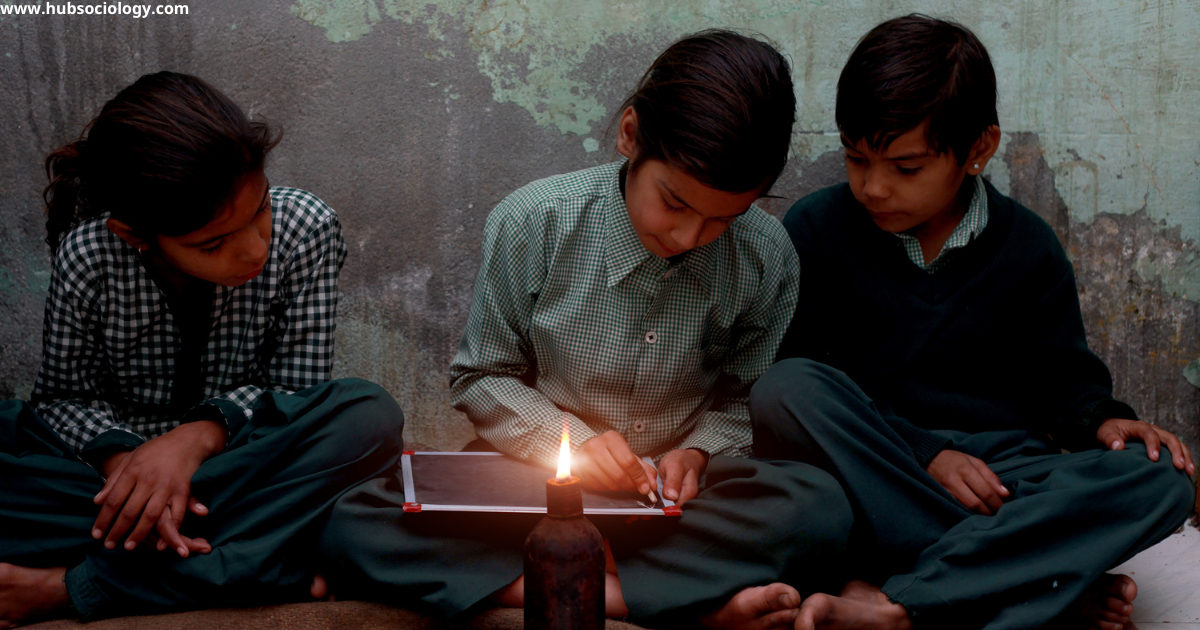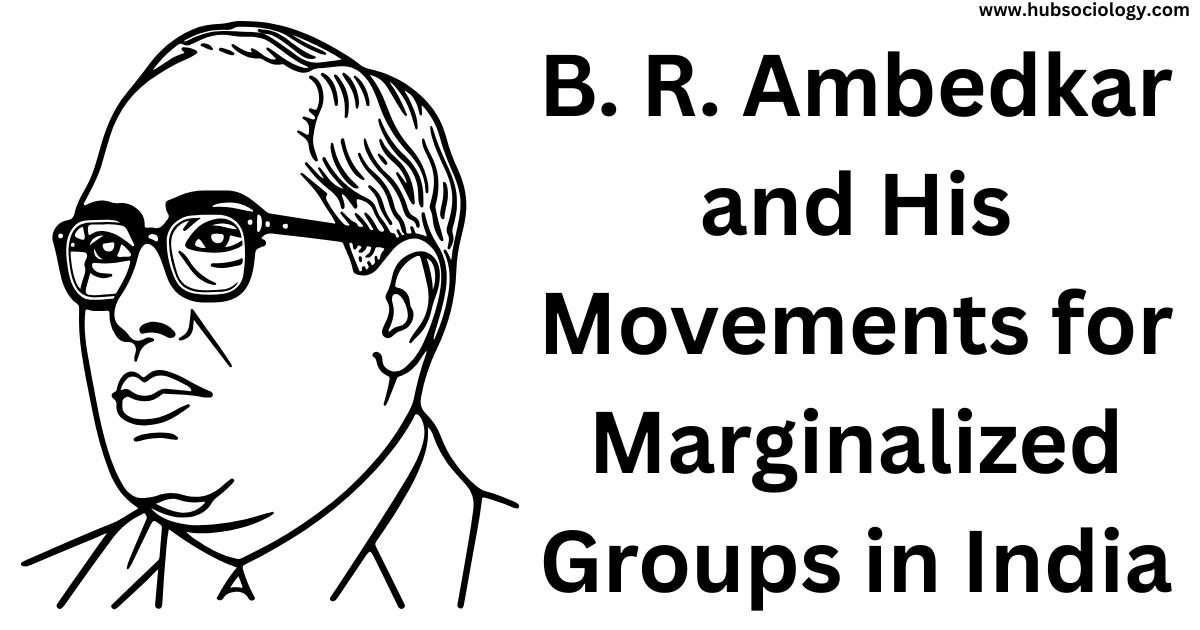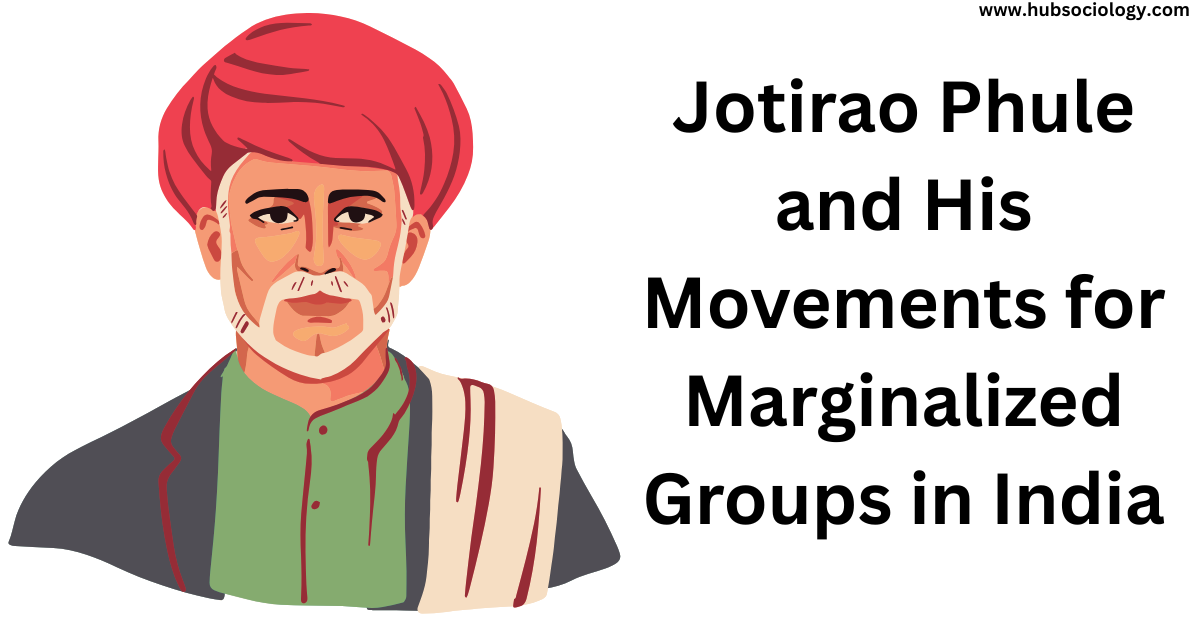Privatization of Education and Marginalized Groups in India: A Sociological Perspective
Introduction on Privatization of Education and Marginalized Groups Education is a fundamental right and a crucial tool for social mobility, economic empowerment, and the reduction of inequalities. In India, the privatization of education has significantly altered the educational landscape, creating both opportunities and challenges, particularly for marginalized groups such as Scheduled Castes (SCs), Scheduled Tribes … Read more




